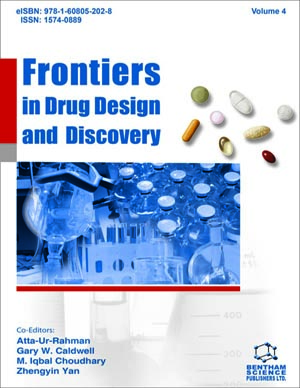Abstract
Many factors affect an individual's response to a drug, and large inter- ethnic, intra-ethnic, and even intra-individual variations exist. These variations may affect both the therapeutic response to a drug, or the side effects that the patient experiences. Since anti-neoplastic drugs often have a very narrow therapeutic range, it is very desirable to be able to predict these variations in response or to ensure that these variations are as small as possible. It has recently become possible to predict some extreme responses, such as severe side effects, using pharmacogenomic approaches; for example, the uridine diphosphate-glucuronosyltransferase (UGT) 1A1 genetic polymorphism is a predictor of irinotecan toxicity. Further, adding pharmacokinetic and pharmacodynamic information may increase the accuracy of response prediction. Both severe toxicity and clinical benefit can be predicted using a combination of pharmacogenomic and pharmacokinetic information. For example, the clinical benefit obtained from adjuvant treatment with tamoxifen is reduced in patients who have either a particular Cytochrome P450 (CYP) 2D6 genetic polymorphism or who are taking paroxetine, a strong inhibitor of CYP2D6. It is possible to monitor pharmacodynamic parameters, such as serum estrogen levels, as a measure of the therapeutic effect of aromatase inhibitors. In this review, we summarize current knowledge in the field of pharmacogenomics as it relates to breast cancer, focusing particularly on clinical data.






















